Results
-
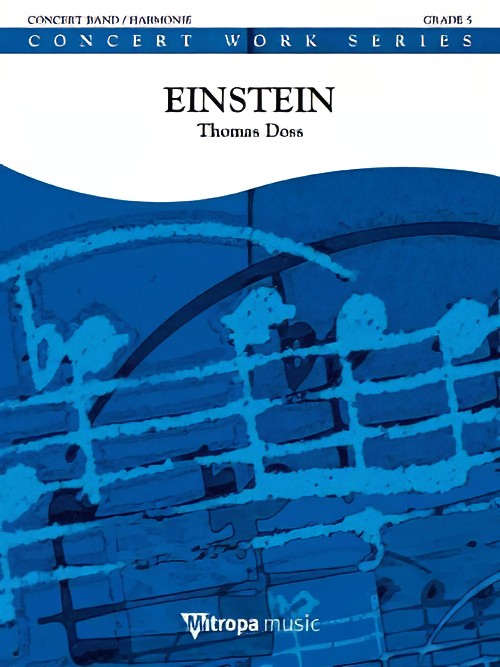 £184.99
£184.99Einstein (Concert Band - Score and Parts) - Doss, Thomas
Theoretical physicist and Nobel prize winner Albert Einstein (1879 - 1955) developed the theory of relativity, one of the basic tenets of modern physics: who doesn't know his formula E = mc2? This impressive, exciting work from Thomas Doss tells the life story of Einstein using spectacular effects to enforce the musical ideas. This is a daring and original choice for a contest and surely a guaranteed success as a main piece for your concerts.Duration: 13.00
Estimated dispatch 7-14 working days
-
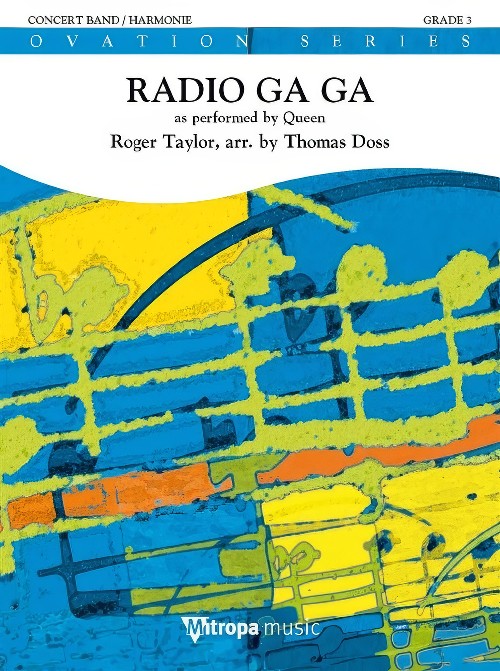 £84.99
£84.99Radio Ga Ga (Concert Band - Score and Parts) - Taylor, Roger - Doss, Thomas
This 1983 hit performed by Queen became a huge success not only because of the universal meaning of the lyrics, but also because of the iconic official video. The Austrian composer and arranger Thomas Doss, also a big fan of Queen's music, made this refreshing grade 3 arrangement. This title will certainly spice up your concert! Duration: 4.30
Estimated dispatch 7-14 working days
-
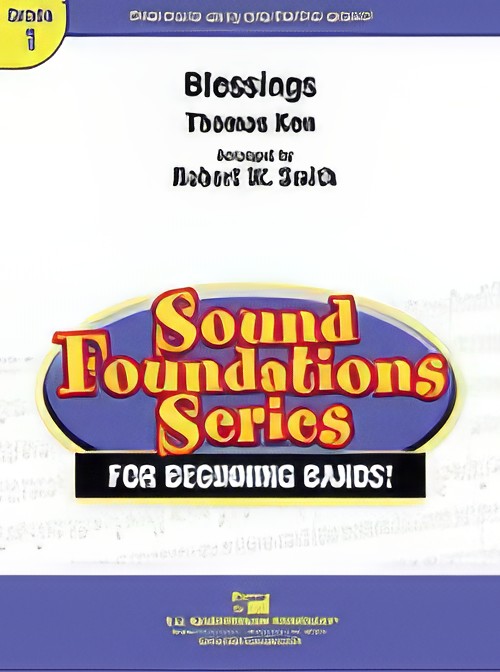 £45.00
£45.00Blessings (Concert Band - Score and Parts) - Ken, Thomas - Smith, Robert W.
Based on the liturgical hymn "The Doxology" written in 1674 by Thomas Ken, this lyrical and sensitive arrangement for the beginning band provides multiple teaching opportunities in a rich musical setting. The first melodic statement is written as a musical exchange between soloists or sections creating a connection and awareness between sections of the band. The second melodic statement is a lush full ensemble setting in contrast. The use of mixed meter in an accessible and musically logical manner reinforces teaching and concepts introduced in the first year of most beginning band methods. A beautiful and educational choice for your concert program! Duration: 2.00
Estimated dispatch 7-14 working days
-
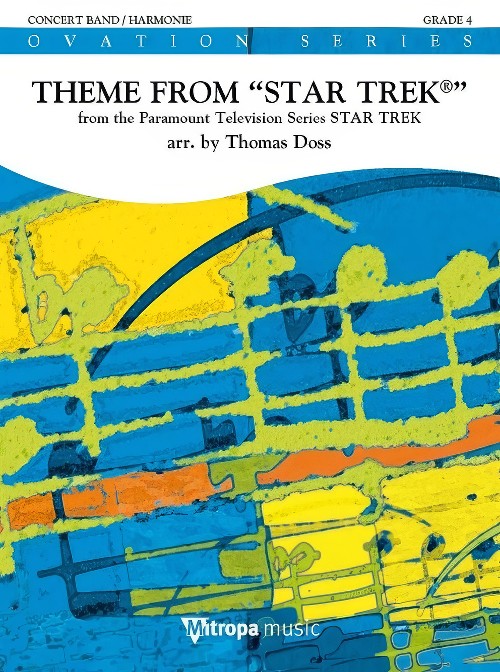 £84.99
£84.99Star Trek, Theme from (Concert Band - Score and Parts) - Courage, Alexander - Doss, Thomas
Who doesn't know the famous introduction "To boldly go where no man has gone before" at the beginning of each Star Trek sequel? Many generations grew up with Star Trek - one of the most iconic Sci-Fi series ever written. The original theme is as iconic as the opening line. A great warm up for the next Star Trek series in 2017, arranged by Thomas Doss. Duration: 3.45
Estimated dispatch 7-14 working days
-
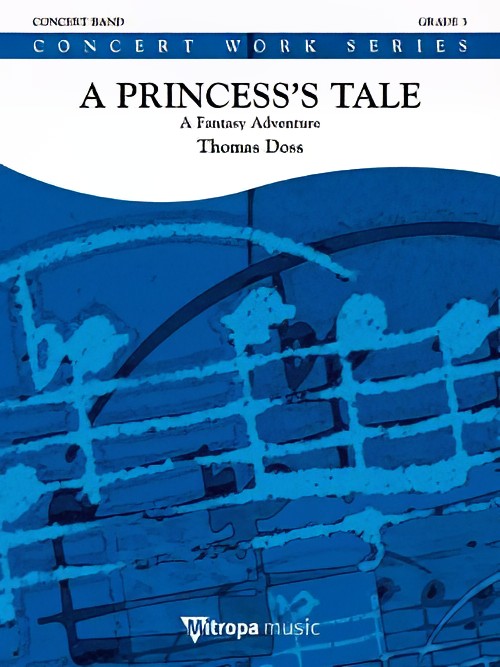 £144.99
£144.99Snow White (Concert Band - Score and Parts) - Doss, Thomas
A Fantasy AdventureSnow White is undoubtedly one of the best-known of all fairy tales, first appearing in the Grimm Brother's 1812 collection Grimm's Fairy Tales under the original German title of Sneewittchen. According to the mythologies the story actually took place in Spessart. It is even allegedly possible to identify specific reference points within the plot to Lohr and its environs. Thomas Doss has taken this opportunity to link this story to the area, and has even incorporated the motif from the famous "Spessart Song" into each of the four movements. Thus, he has rendered the legend of Snow White and the area of Spessart inseparable from one another.Duration: 10:45
Estimated dispatch 7-14 working days
-
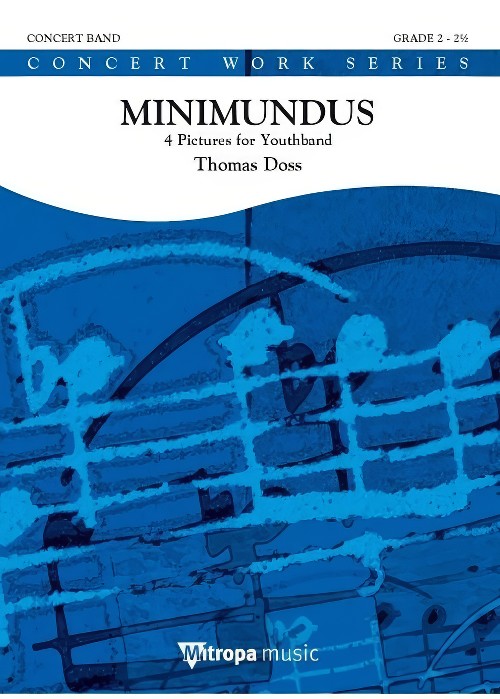 £102.99
£102.99Minimundus (Concert Band - Score and Parts) - Doss, Thomas
Thomas Doss composed this suite against the backdrop of his experience with young conductors and youth orchestras. Each of the four parts contains a different "soundscape", in which each of us is free to let our imaginations run wild. An Overture, heralding a celebration, a magnificent Pastorale at dusk, the Lament that seems descended from heaven, and finally a colourful, fiery Danza - ideal for young orchestras and conductors with plenty of imagination.Duration: 7:00
Estimated dispatch 7-14 working days
-
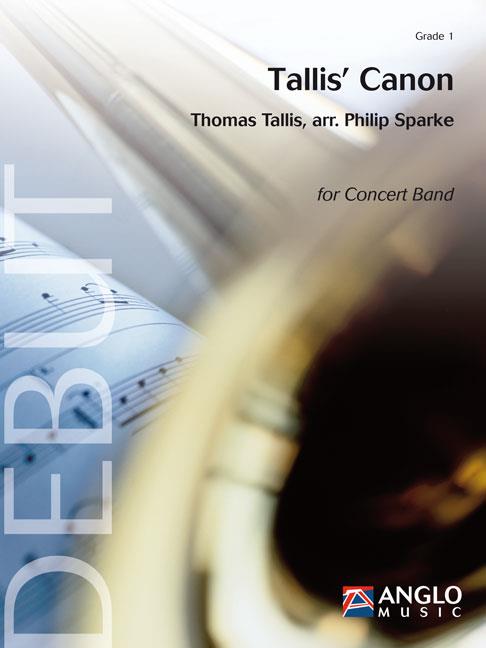 £69.99
£69.99Tallis' Canon (Concert Band - Score and Parts) - Tallis, Thomas - Sparke, Philip
The well-known 16th Century canon by Thomas Tallis is as effective as it is simple. This arrangement includes four verses of the melody: the first in the form of canon; the second for brass; the third for woodwind and the fourth for the entire orchestra. Philip Sparke's arrangement is also well suited for incomplete brass ensembles.Duration: 2:30
Estimated dispatch 7-14 working days
-
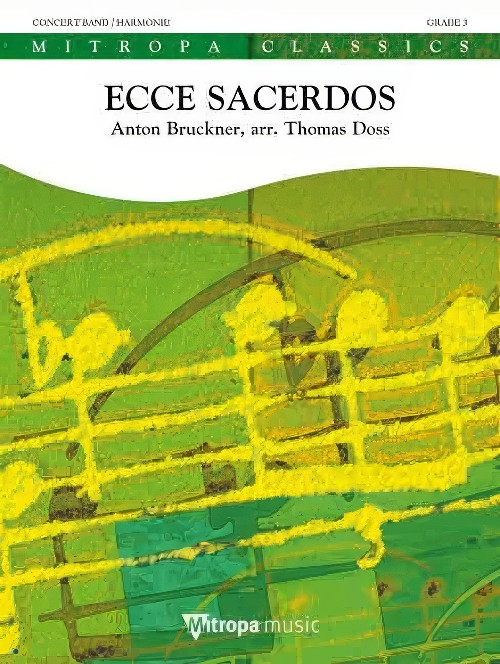 £84.99
£84.99Ecce sacerdos (Concert Band - Score and Parts) - Bruckner, Anton - Doss, Thomas
The celebrated Austrian composer Josef Anton Bruckner (1824-1896) owes his fame predominantly to his symphonies, his masses, his Te Deum, his string quintets and his devotional church music, including numerous motets. One of these is the magnificent Ecce sacerdos, which Bruckner composed in 1885. The trombones and organ support the choral parts and the harmonies are inventive and glorious. The Austrian composer and arranger Thomas Doss has made this delightful arrangement for concert band, which does justice to the impressive original work.Duration: 5:45
Estimated dispatch 7-14 working days
-
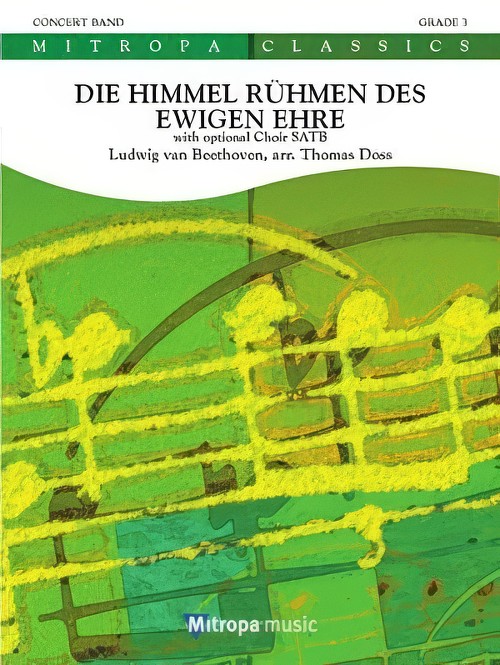 £23.99
£23.99Die Himmel ruhmen des Ewigen Ehre (SATB Choral Octavo) - Beethoven, Ludwig van - Doss, Thomas
Master-composer Ludwig van Beethoven was born in Bonn, in 1770, but he lived in Vienna from 1792, until his death in 1827. With his innovative style, he has had a great influence on Western classical music. 'Die Himmel r?hmen des Ewigen Ehre' (The Heavens Extol the Glory of God) is the first line of the poem 'Die Ehre Gottes in der Natur', which was written by Christian F?rchtegott Gellert (1715-1769). The music that Beethoven composed to the text, was published in 1803, as the fourth Lied (song) in a cycle of six (6 Lieder nach Gedichten von Gellert, opus 48). Thomas Doss has arranged the song - in which nature, as created by God, is mirrored majestically - into a wonderful work for concert band.
Estimated dispatch 7-14 working days
-
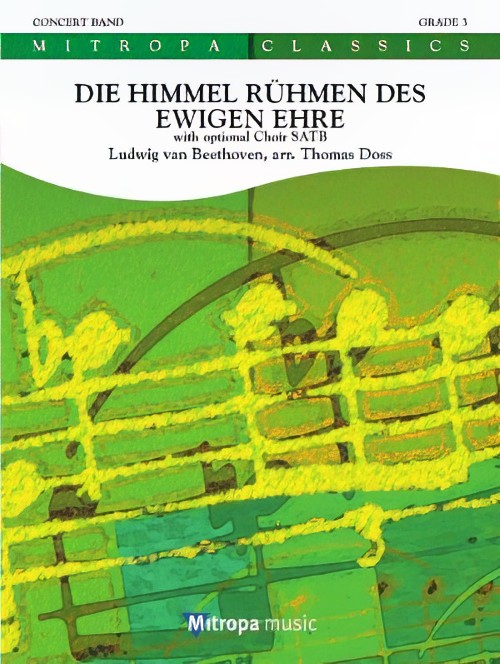 £76.99
£76.99Die Himmel ruhmen des Ewigen Ehre (Concert Band - Score and Parts) - Beethoven, Ludwig van - Doss, Thomas
Concert Band with optional SATB ChoirMaster-composer Ludwig van Beethoven was born in Bonn, in 1770, but he lived in Vienna from 1792, until his death in 1827. With his innovative style, he has had a great influence on Western classical music. Die Himmel ruhmen des Ewigen Ehre (The Heavens Extol the Glory of God) is the first line of the poem Die Ehre Gottes in der Natur, which was written by Christian Furchtegott Gellert (1715-1769). The music that Beethoven composed to the text, was published in 1803, as the fourth Lied (song) in a cycle of six (6 Lieder nach Gedichten von Gellert, opus 48). Thomas Doss has arranged the song - in which nature, as created by God, is mirrored majestically - into a wonderful work for concert band.Choir parts available separately.Duration: 3.00
Estimated dispatch 7-14 working days
